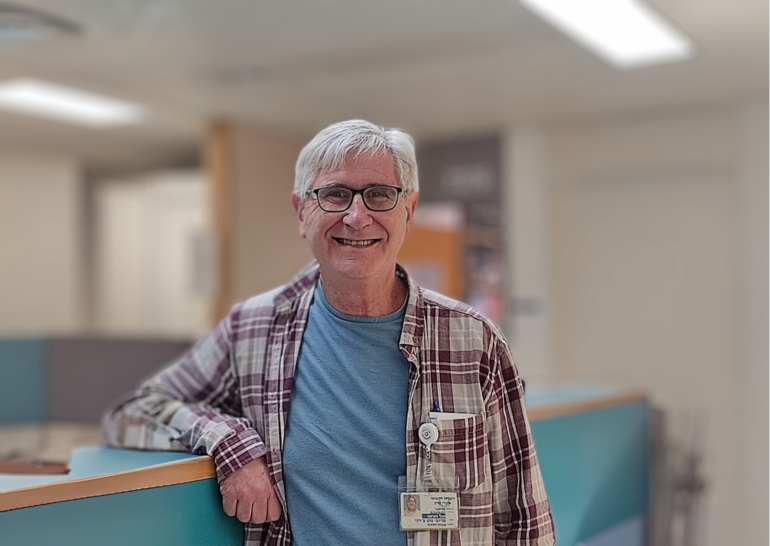The sustainability of health systems is critical for achieving a durable impact on population health.
While a plethora of new cancer treatments has rapidly accumulated, some researchers study strategies to make better use of what we already have. Near-equivalent means alternative, likely non-inferior and more affordable treatments.
A recent perspective by Tannock et al. has designated four strategies of drug development under a near-equivalence paradigm: (1) the near-equivalent treatment is cheaper and/or less toxic than a “former” standard of care, bringing a significant benefit; (2) the non-inferiority efficacy demonstrated for a medicine in one setting is extended to all the other approved indications (principle of extrapolation); (3) the data from negative non-inferiority trials with de-escalated treatments are reviewed to understand the true magnitude of benefit of escalated regimens (longer duration, higher doses, more toxic drugs); (4) small studies on the pharmacology bioequivalence are used to assume efficacy similarity.
Research with “old” medicines aimed at showing near-equivalence with innovative therapies is hardly appealing, difficult to finance, often unsupported and sometimes not truly ethically questionable. While research with cheaper treatments has been viewed as an option for clinical trials in low- and middle-income countries, some researchers completely reject the idea of corroborating clinical studies with suboptimal treatment standards designed ad hoc for resource-limited settings It is argued that supporting a double-standard of care can result in an exacerbation of disparities in healthcare; universal standards of treatment are recommended for preventing implementation of interventions which may be acceptable in one part of the world but unacceptable in another. Valuable treatments bring health benefits that deserve to be universally implemented. However, some medicines require healthcare supplies that are often unreliable in resource-limited settings, as a consequence attempts to enhance their immediate clinical use may result in exacerbations of health disparities. Therefore, when recommending the uptake of near-equivalent and more sustainable treatments, the likelihood of these being non-inferior to the best locally available therapy. should be taken into consideration to orient the choice. In general, clearly inferior treatments should not be supported, unless the alternative is no access to therapy – and recommendations always made in the context of a phased strategy for capacity building. Sustainable, but valuable.
As discussed in the work I mentioned above, another appealing solution to save resources is through pharmacokinetic (PK) manipulations. For example, the introduction of PK “boosters” has been suggested in patients with prostate cancer taking abiraterone, a hormone agent. Patients can take low-dose abiraterone (250 mg) with a low-fat meal or standard-dose (1,000 mg) in the fasting state and the effect is…near-equivalent! In the era of flat-dosing (same dose for all patients) and pre-filled fixed-dose syringes, PK-based strategies can be transformative. PK modulations are more likely to be accepted: they can be derived from small studies, do not involve the ethical dilemmas of double-standards and are very plausible. Wherever cancer medicines are not reimbursed by national health insurance schemes — a common finding in low- and middle-income countries — or whenever the co-payment quota increases the financial burden of cancer treatment for patients, PK-based dose-modulations can be instrumental for enhancing access to care.
Near-equivalence studies require the acceptance of (some) uncertainty. Navigating uncertainty can be daunting for those designing studies on established oncology therapies, but major assumptions are accepted in riding the wave of the vast sea of innovative medicines. A double standard in judgement. As a result, patients can face bankruptcy when accessing more innovative treatments — treatment interruptions and missed visits are all part of the semeiotics of the financial toxicity.
Nowadays, the uptake of health interventions that widen disparities between people is a real threat to population health. Near-equivalent therapies expand the therapeutic armamentarium with opportunities to derive similar clinical benefits to those of established treatments, by tackling the causes of disparities in cancer care. Neglecting research on near-equivalent options, therefore, is the germ of medical decadence and unsustainable cancer care.





